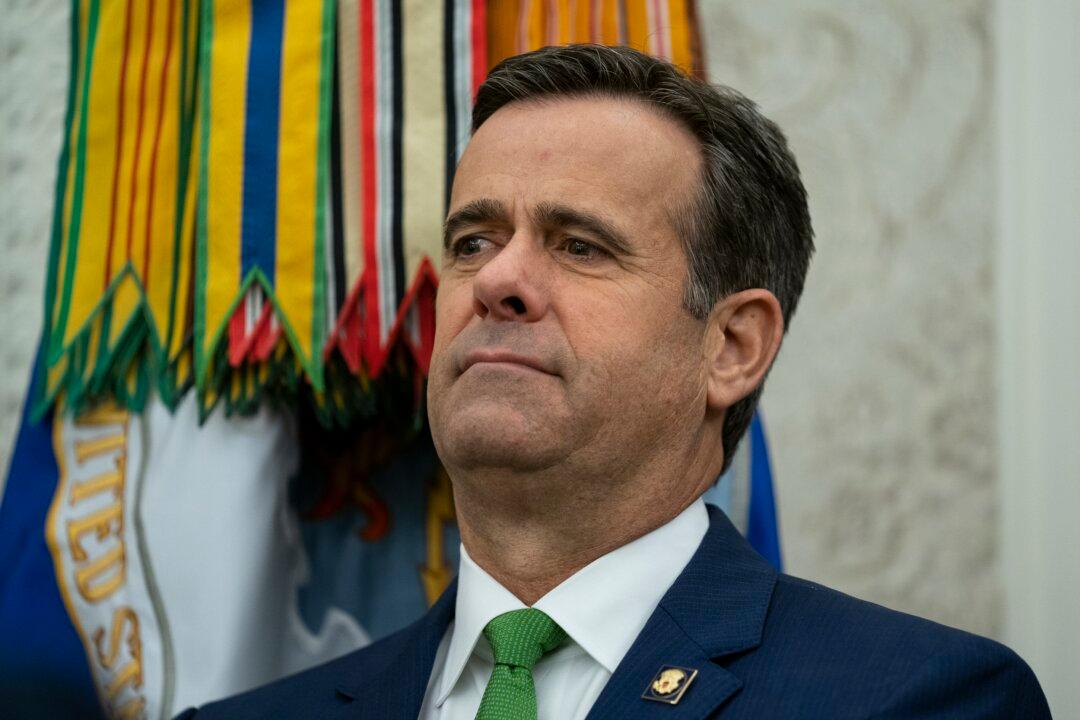No portion of the heavily redacted search warrant affidavit supported the Biden administration taking the unprecedented step of raiding a former president’s home, according to a former top intelligence official.
“I think it provided a general recitation of the fact that the FBI and the Department of Justice believed that there were classified documents at Mar-a-Lago,” John Ratcliffe, a director of national intelligence during the Trump administration, said during an Aug. 26 interview with CBS News. “But I didn’t really see anything in the affidavit that justified what still seems like an extreme approach by the FBI and the Department of Justice to retrieve those documents if, in fact, they were classified.”





